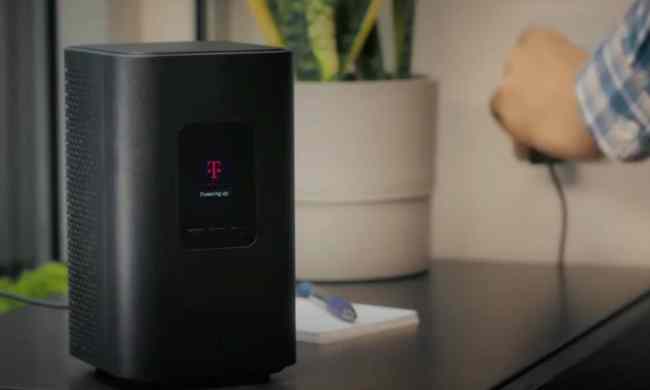The decision over which companies will be involved in creating the United Kingdom’s burgeoning 5G network has been delayed again, and Huawei’s presence on the U.S. Entity List is partly to blame. Secretary of state for digital, media, and culture Jeremy Wright has addressed Parliament on the subject, saying that a new review of the network supply chain is underway, with an emphasis on security, ahead of creating new legislation and giving the country’s communications regulator, Ofcom, enhanced powers to enforce new requirements.
Wright then went on to specifically address the situation regarding Huawei. The company’s network infrastructure is already used in the U.K., but deeper involvement in the 5G network has yet to be agreed. Previous rumors said Huawei would only work on equipment that wasn’t part of the core network, but this has not been confirmed.
“The government is not yet in a position to decide what involvement Huawei should have in the provision of the U.K.’s 5G network,” Wright said.
Future availability
The reason is based around the U.S. government’s decision to add Huawei to its Entity List, which bars Huawei from doing business with U.S. companies. Wright continued:
“These measures could have a potential impact on the future availability and reliability of Huawei’s products together with other market impacts and so are relevant considerations in determining Huawei’s involvement in the network.”
The U.S. has stated that it may decide not to share intelligence with countries where Huawei has been involved with a communications network. While Huawei has been granted a 90-day reprieve, which has enabled it to continue working with Google, this expires in August, and despite promises from President Donald Trump on alterations to the ban, the situation has not changed drastically over the past months.
Confusion
Confusion over the ban, how it affects international companies and relationships, and its influence over the ongoing trade war between the U.S. and China has been an issue from the start. Wright admitted that the lack of clarity and information has impacted the U.K.’s ability to decide on the extent of Huawei’s involvement.
“Since the U.S. government’s announcement we have sought clarity on the extent and implications but the position is not yet entirely clear. Until it is, we have concluded it would be wrong to make specific decisions in relation to Huawei.”
The review of the U.K.’s network supply chain will examine all existing arrangements, create new policy around strengthening telecom security, and to address what Wright called a, “lack of diversity,” in the supply chain. The government will adopt a new strategy which will, “diversify and reduce dependence on individual suppliers.” The U.K. has set a target of achieving nationwide 5G coverage by 2027.
Confidence at Huawei
Huawei’s Victor Zhang is quoted in The Independent as saying the review: “Gives us confidence that we can continue to work with network operators to roll out 5G across the U.K. The findings are an important step forward for 5G and full-fiber broadband networks in the U.K. After 18 years of operating in the U.K., we remain committed to supporting BT, EE, Vodafone, and other partners build secure, reliable networks.”
Huawei founder Ren Zhengfei is typically confident about the situation, saying in an interview at the firm’s headquarters in Shenzhen, China that he believes it’s, “very likely Huawei products will be deployed in the UK’s core networks in the future,” and that some members of the U.K. government think the country, “may only be able to stay ahead if Huawei products are used in their core networks.”
Despite the challenges, Huawei says it’s business as usual at the company. Several of the major U.K. networks have already launched a limited 5G service, although Huawei’s own Mate 20 X 5G smartphone is not currently available.



